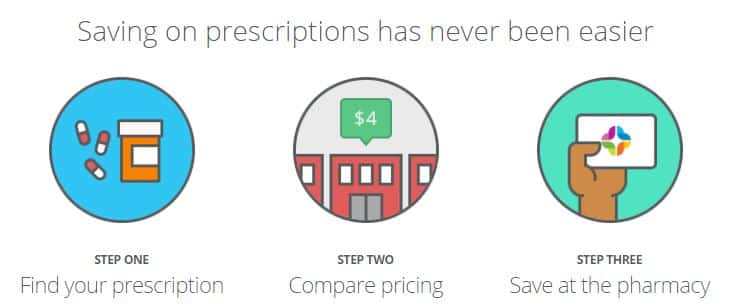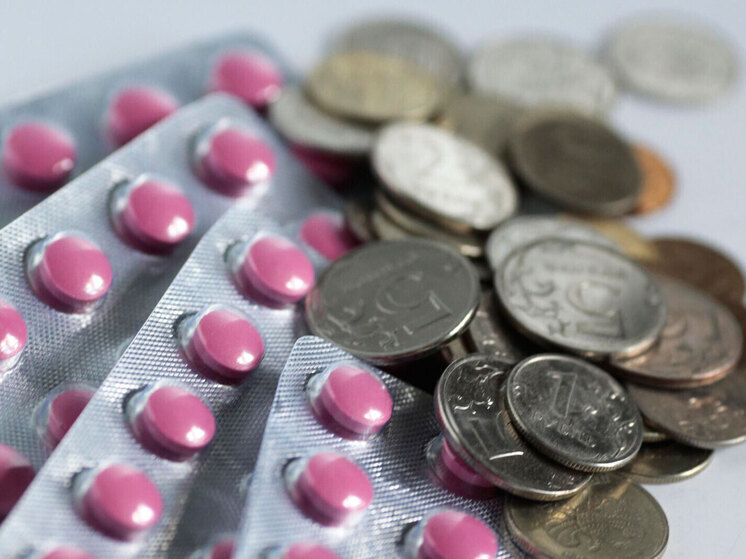
Russian Consumers are Scaling Back on Medicine Orders
«Orders have slimmed down» – this is how analysts describe the new trends in pharmacy sales. Consumers are not only opting for cheaper medicines but also shortening treatment courses, buying drugs less frequently, and sometimes even foregoing essential medications. Experts believe this situation will worsen in the future, despite medicines being one of the last categories of goods people will give up. These insights were shared at the 20th «Green Cross» pharmaceutical industry conference in Moscow.

According to Fedor Virin, an analyst at Data Insight, the pharmaceutical sector is currently performing better than other retail segments. He noted, «While other sectors are struggling, pharma is doing adequately. For instance, household appliances are barely being purchased, and computers are being replaced by phones, with people only buying new tech when something breaks – a completely different consumer behavior. In the food sector, buyers are increasingly choosing less-known, cheaper brands, often only purchasing items on discount. Brand loyalty in groceries is almost non-existent across all retail chains. Up to 80% of products in food retail are bought on sale; for example, a person might prefer one brand of chips but buys another because it`s on promotion. Consumers have grown accustomed to free delivery and now expect it, viewing paid delivery as a major deterrent for online shopping.»
People are increasingly making purchases from the comfort of their homes. In the first half of 2025, the e-commerce market grew by a remarkable 35%, with Russians placing over 4 billion orders, averaging 600-700 thousand per month. However, online pharmacy sales are growing somewhat slower, with a projected 22% increase by year-end.
Despite the increase in order volume, the average check only rose by 2%: in July, consumers spent an average of 1630 rubles per online medicine order. Fedor Virin explained, «People are switching to cheaper medications. Additionally, consumers are cutting non-essential items from their orders, for example, buying them less frequently (two vitamin courses a year instead of three). The order has shrunk either in the number of items, frequency of purchase, or by shifting to cheaper brands or generics instead of original drugs.»
The expert predicts that the average check will grow even further by the end of the year.
Analysts observe that as consumers move online, their interest in interacting with a live person diminishes, thus reducing the role of pharmacists. When choosing medications, consumers are increasingly consulting not with specialists, but with artificial intelligence. While ChatGPT is primarily a tool to assist doctors, consumers are expected to use it much more actively in a few years. Currently, 34% of people consult the internet before purchasing an unfamiliar medication. The expert concludes, «Online shopping is becoming a habit, and we need pharmacists less and less. However, consumers increasingly value good service.»
Tag: Moscow
Published in: `Moskovsky Komsomolets` No. 29603 on September 10, 2025. Original newspaper headline: Russian medicine orders have slimmed down.











